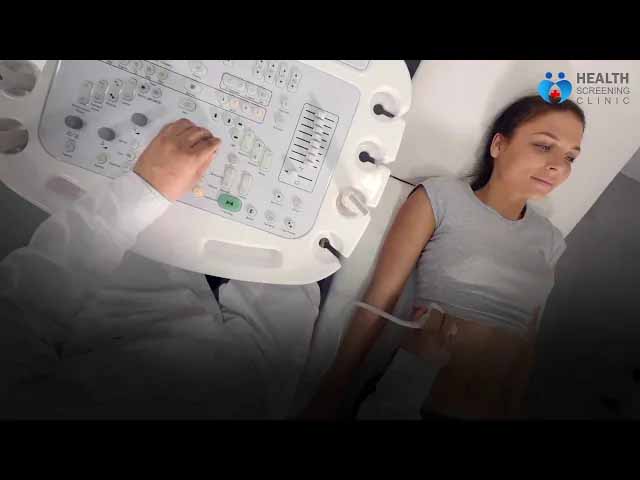DESENSITIZATION AND IMMUNOTHERAPY
In order to have a proper drug allergy treatment, there must be an allergy testing. Once the allergen is identified, a specific treatment such as desensitisation immunotherapy can be given to induce immune tolerance.
There are two treatments that an allergic patient can take, they are;
- Allergen avoidance and
- Allergen-specific Systemic Immunotherapy (SIT)
Certain medications may be useful in the treatment of allergy –these medications will suppress symptoms but might not be very effective in the long-term disease process. If you want to consider the expense of long term allergy medication, then you must consider immunotherapy as a cost-effective treatment option.
History of Immunotherapy
Immunotherapy has been in use for about 90 years; it was pioneered by Noon at St Mary’s Hospital, London in 1911, when Noon and Freeman successfully treated Hay fever patients by injecting them with pollen extracts.
Immunotherapy has been well adopted in the treatment of allergic rhinitis and asthma in North America and Europe. It was used in treating grass pollen allergic rhinitis and for bee or wasp sting anaphylaxis.
The practice of immunotherapy halted in the UK in 1986 because of the report in the British Medical Journal that it caused 26 anaphylactic deaths in 30 years. These deaths occurred as a result of its inappropriate use in treating uncontrolled asthma. The masses have criticised immunotherapy as a life-threatening treatment for inconvenient cases,but it does have a place in selected patient groups. Presently, the risk of its adverse effects has been reduced by careful patient selection and adoption of good clinical practices in immunotherapy.
Who should not receive immunotherapy?
Immunotherapy is generally allowed in patients that are above 50 years of age and those under 5 years of age. Patients with certain diseases such as hyperthyroidism, coronary heart disease,auto-immune disease or malignancy cannot undergo immunotherapy also.
You should stop any B-blocker medication before commencing the therapy because they interfere with the action of adrenaline if used to treat anaphylaxis. Wheezing patients should also not start immunotherapy.
Due to the unavailability of commercially safe standardised extracts, other contra-indications cases are; pregnancy, eczema, chronic uncontrolled asthma, food allergy and mould allergy.
The natural history of asthma may be modified by Immunotherapy, butin the UK, certain restrictions have been placed, and it is not recommended for the treatment of asthma because of the danger of inducing severe or fatal bronchospasm.
Adverse reactions to injection immunotherapy
Dosage and timing are the main reasons attributed to adverse reactions to injection immunotherapy like Alutard SQ and Pollinex. It is advised to be careful to ensure that the patient receives the correct dose at the right time to avoid complications.
The use of antihistamines before immunotherapy is not advisable; it may suppress immediate adverse reaction but delayed systemic reaction may be noticed by the patient later.The mild systemic reactionincludes itching, erythema, rhinitis, localised angioedema and it can be treated by applying antihistamines and a stepwise reduction of the next dose.
The severe systemic reaction includes laryngeal oedema and respiratory distress.It can be treated by prompt application of intra-muscular adrenaline 1:1000 0,5ml solution which can be repeated if no improvement is noticedafter 5 minutes. In the case of generalised anaphylaxis, oxygen and intravenous fluids maybe administered with 200mg intravenous hydrocortisone and antihistamines.
Contact us today for more information about desensitisation immunotherapy as our team of medical experts are always available to attend to you!
Contact Us



